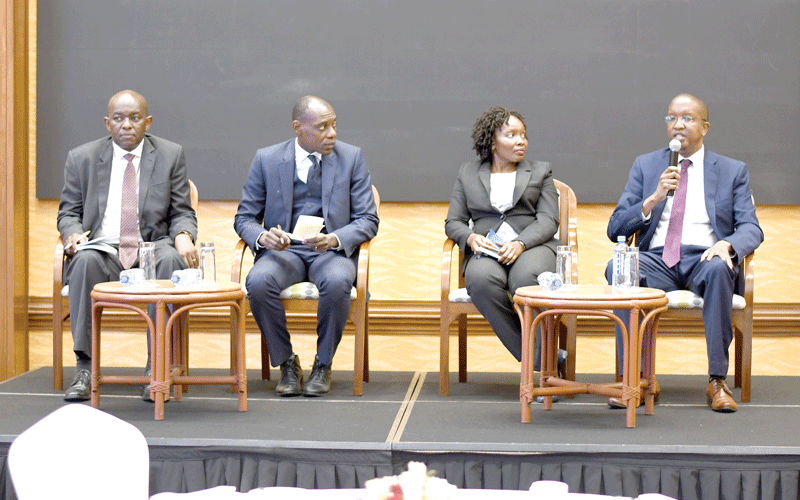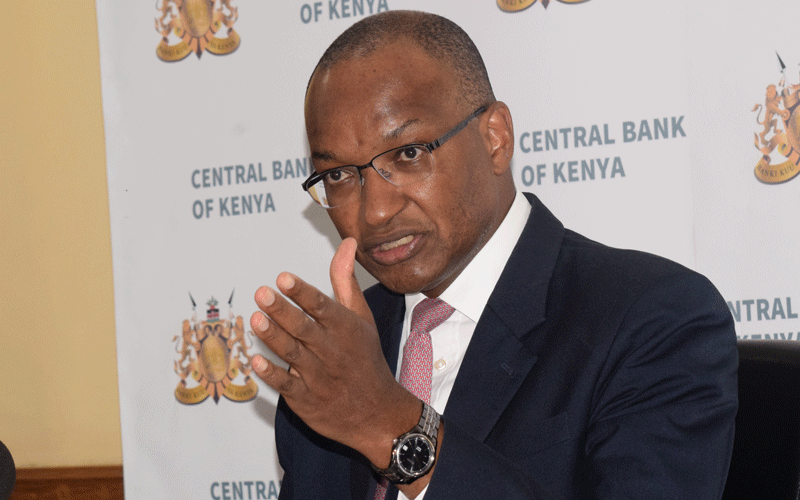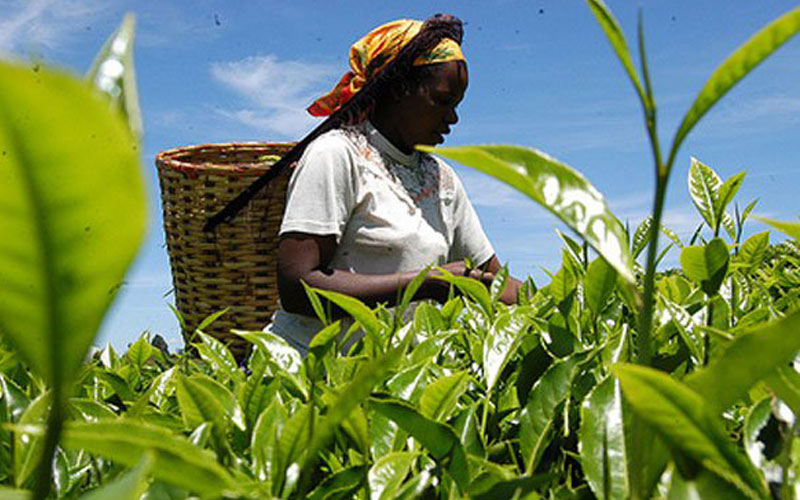Report: Rates cap denied SMEs Sh300b in financing

Interest rate capping denied Small and Medium Enterprises (SMEs) Sh300 billion, a report by insurance and related financial services provider, ICEA Lion, has revealed.
This amount is almost equivalent to the Sh316 billion given to counties as equitable shareable revenue for the 2019/20 financial year.
This revelation comes at a time when SMEs are bracing for tougher economic times following the signing into law of the Finance Bill 2019 which re-introduces a three per cent turnover tax (payable monthly) for all businesses with an annual turnover lower than Sh5 million.
According to the Quarter Investor Pulse: 2020 Outlook Report, the share of SME loans as a proportion of total banking sector loans declined from almost 25 per cent prior to the rate cap to 15 per cent in 2019.
“We estimate that SMEs were denied credit of up to Sh300 billion over the rate cap period, an amount equivalent to one per cent of the gross domestic product per year.
In 2020, we expect credit of Sh50 to Sh100 billion to be availed to SMEs,” said ICEA Lion Asset Management head of research, Judd Murigi.
Credit growth
“Historical trends indicate that private sector credit growth would have averaged at least 15 per cent given the average central bank rate during the rate cap period,” he added.
During the rate cap era, the CBK’s lending rate averaged 9.5 per cent according to the ICEA Lion report.
The caps, which limited interest on bank loans at four percentage points above the CBK benchmark lending rate, were introduced in 2016 with the aim of preventing banks from charging exploitative interests on loans.
However, the caps were later repealed via the Finance Act 2019 after it emerged they were denying the same SMEs they were meant to protect, access to credit as banks shunned lending to high risk segments preferring the government instead.
Speaking in Mombasa yesterday, President Uhuru Kenyatta called on the CBK to use other available measures to protect borrowers from predatory lenders.
“The removal of the interest rate cap in November last year will facilitate the availability of more credit to businesses which will in turn increase the circulation of money,” said Uhuru.
Treasury bills
The repeal of the rate caps has seen interest rates on treasury bills and bonds rise by almost one per cent in some cases, says the report.
“Upward pressure on interest rates is expected to persist in 2020 as the government faces renewed competition from the private sector for bank funding. We expect interest rates on treasury bills and bonds to increase by at least one per cent in 2020,” the report says.
Raphael Matu, an economist, concurs with the ICEA report that the rate caps affected the ability of SMEs to borrow but pointed out that the performance of the sectors was affected by several factors, not just the caps.
“We expect the repeal of the rate caps to open up SMEs’ ability to borrow. However, things have been quite dynamic in the sector. Those who are not adjusting their business models are being overtaken,” he said.
To strengthen the SME sector further, Matu called on the government to clear pending bills to suppliers saying withholding the payments had serious repercussions on the sector.
As of June 30 2018, the government had Sh88.98 in pending bills.
In December, the central government threatened to take legal action on counties that were yet to heed presidential directive to clear all pending bills owed suppliers.










